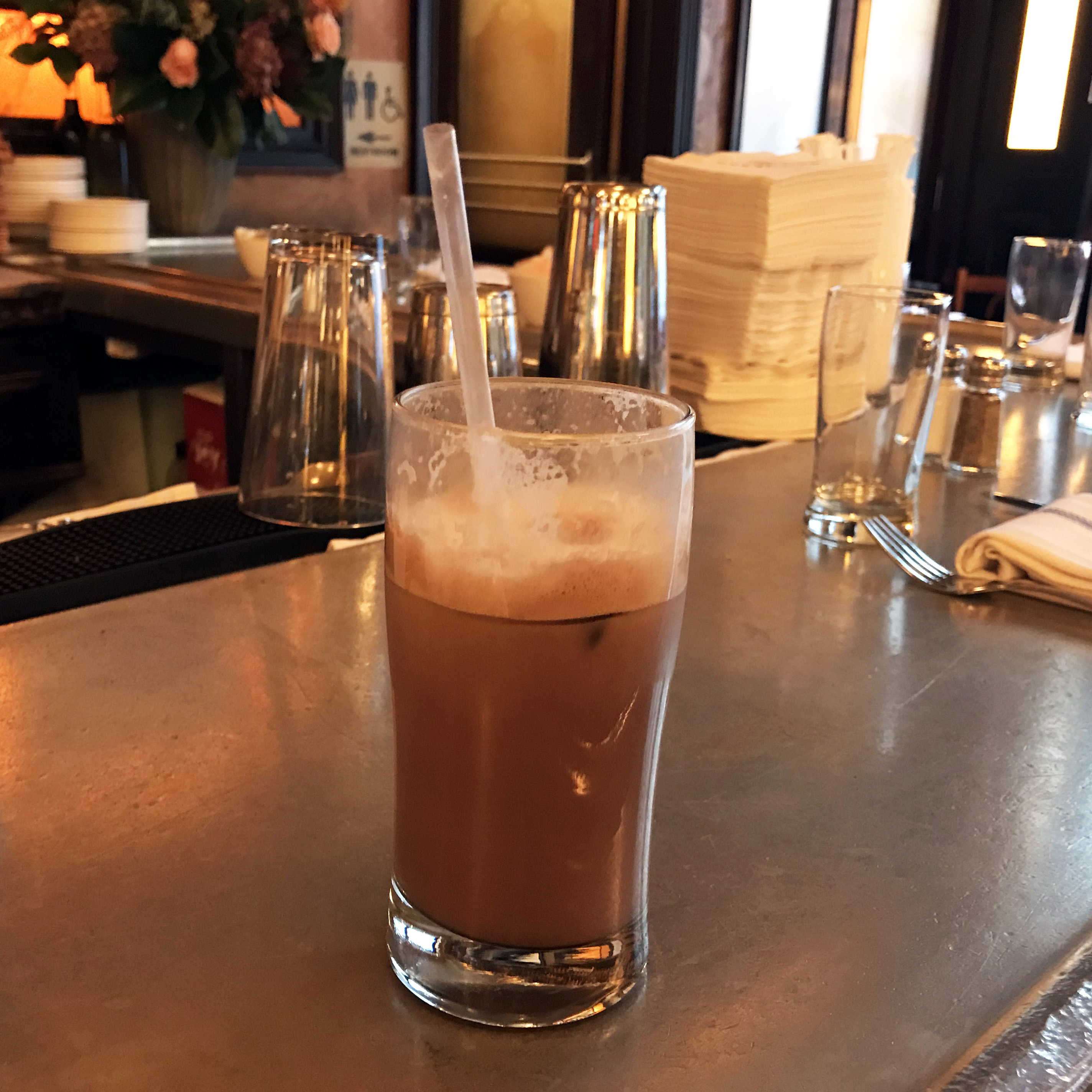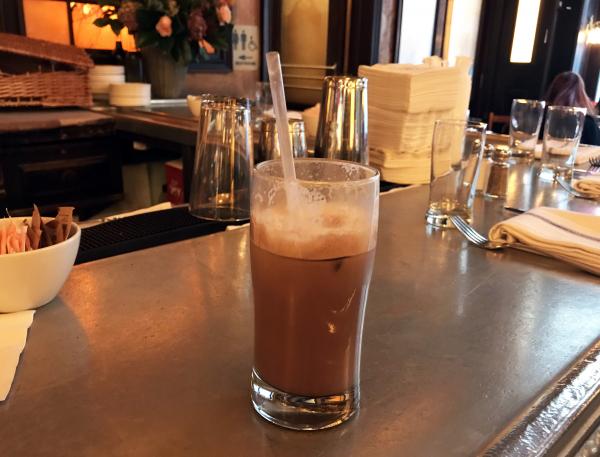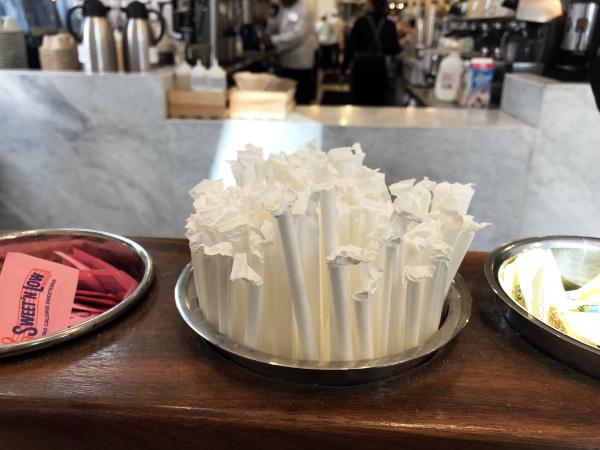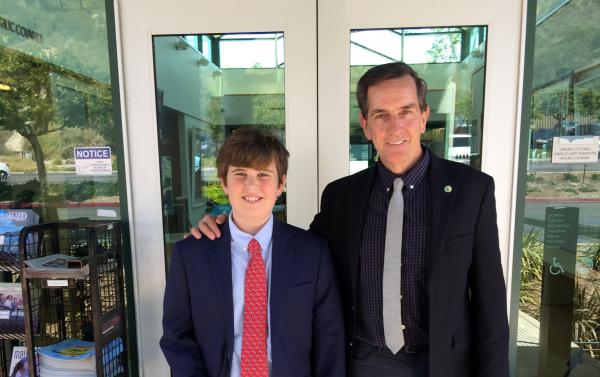KID REPORTERS’ NOTEBOOK
The Last Straw?


Straws are one of the top-ten pieces of debris found in our oceans, which contain at least a million tons of plastic.
Did you know that Americans toss out an estimated 500 million plastic straws every day? All of those straws lined up end to end could circle the Earth 2 1/2 times!
“It’s part of a habit of waste,” says Sheila Morovati, who is behind a new ordinance in Malibu, California. The ordinance, which went into effect on June 1, bans single-use plastic straws and utensils.
Morovati successfully lobbied the Malibu City Council to make the change after seeing mounds of plastic waste washed up on the beach during her daily walks by the Pacific Ocean.
Mayor Rick Mullen says that even though Malibu is a small town, it can have a big impact on an issue like plastic pollution.
“We’re just a town of 13,000, but we get 15 million visitors each year,” Mullen told me during a recent interview. “There is no town on the planet with a more well-known name than Malibu, so when we do something here, it tends to make the news, and we can inspire other people to do the right thing.”
The ordinance helped inspire a ballot initiative in California, which prohibits restaurants from automatically distributing single-use straws.
Governor Jerry Brown recently signed the bill, which will go into effect on January 1, 2019. Soon, restaurants will only be able to offer single-use straws when a customer asks for one.

Chloe Mei, a seventh-grader from Newport Beach, California, convinced her school district to ban plastic straws.
“SKIP THE STRAW”
There is so much plastic waste in the oceans that plastic islands are forming. One such island, between Hawaii and California, is made up of 1.8 trillion pieces of garbage. It is estimated to be twice the size of Texas.
According to Craig George, who heads up environmental programs in Malibu, “If we don’t do something by 2050, there will be more plastic in the ocean than there are fish. That’s scary.”
Chloe Mei Espinosa of Newport Beach remembers seeing a YouTube video showing a sea turtle with a plastic straw stuck in its nose. That prompted the seventh-grader to start a website called “Skip the Straw.”
Chloe Mei, who loves to scuba dive, is trying to protect the ocean she loves. “I want the kids of the future to go into the ocean,” she says, “and see a plastic-free one with healthy coral reefs and beautiful fish swimming around.”
Chloe Mei has convinced all 32 campuses of her school district to ban plastic straws in 2019.
As Governor Brown said, “Plastics in all forms—straws, bottles, packaging, and bags—are choking our planet.”

Jaxon with Rick Mullen, mayor of the City of Malibu
PROTECTING OCEANS—AND PEOPLE
On the East Coast, an organization called Clean Ocean Action is working on legislation to protect the beaches that border New York and New Jersey.
“A straw is just something we use for a second and throw away,” says Cindy Zipf, founder of Clean Ocean Action. “But there is no ‘away.’ Ultimately, it’s going to end up in a landfill or on our beaches, where it can harm marine life.”
As the plastic decomposes into microscopic pieces, Zipf adds, it becomes an accidental part of our diet. Fish consume the plastic, and we consume the fish.
What can be done? “At the end of the day,” Zipf says, “the power is with the people. Change is beginning now.”
Kids can lead the way. Last January, students in Long Branch, New Jersey, petitioned their school system to ban single-use plastics. The administration listened, and now the schools are plastic-free.
Morovati encourages kids to set an example. “If you order a drink in a restaurant,” she says, “tell them you don’t want the straw. It all comes down to each person taking individual responsibility.”
